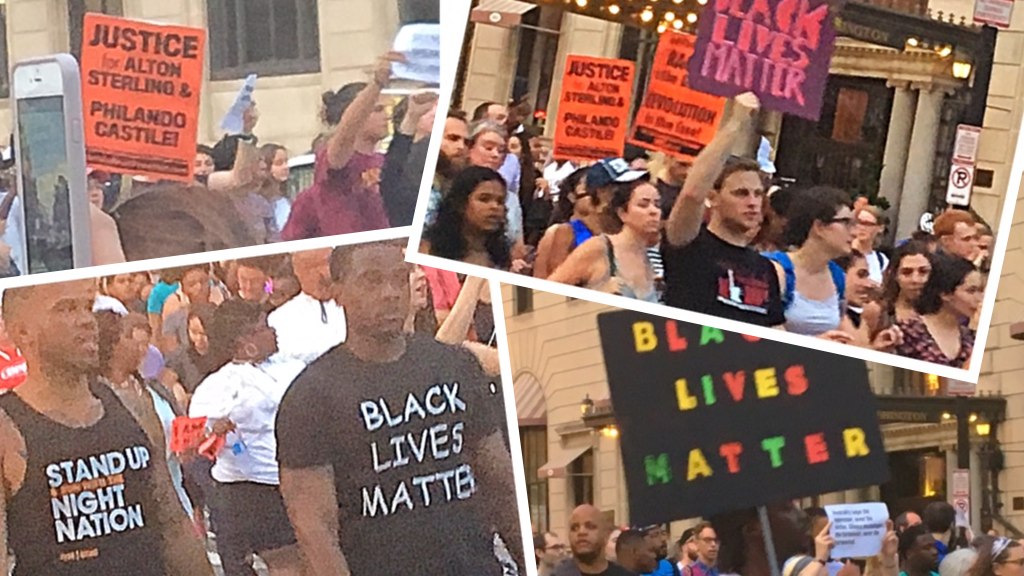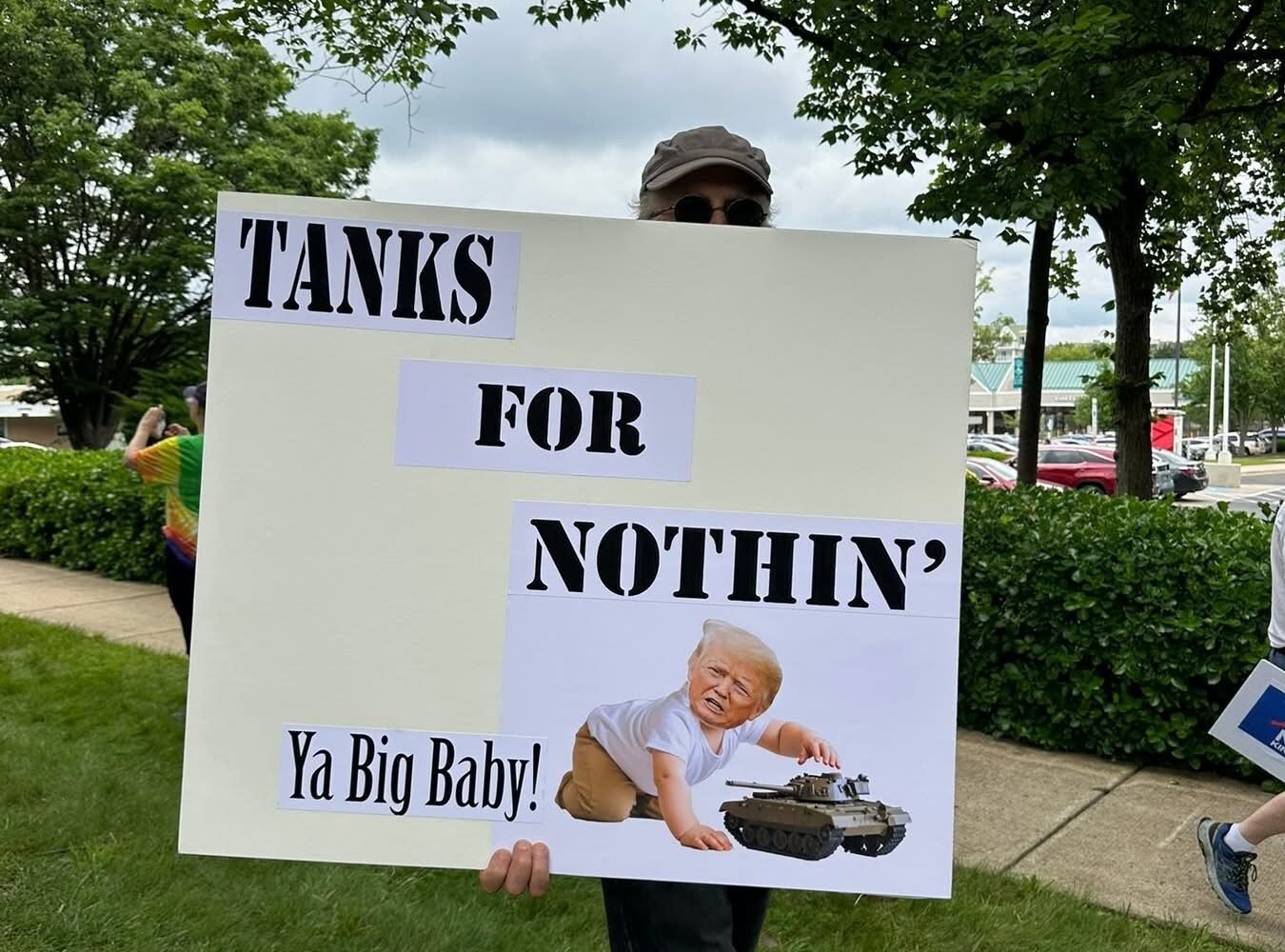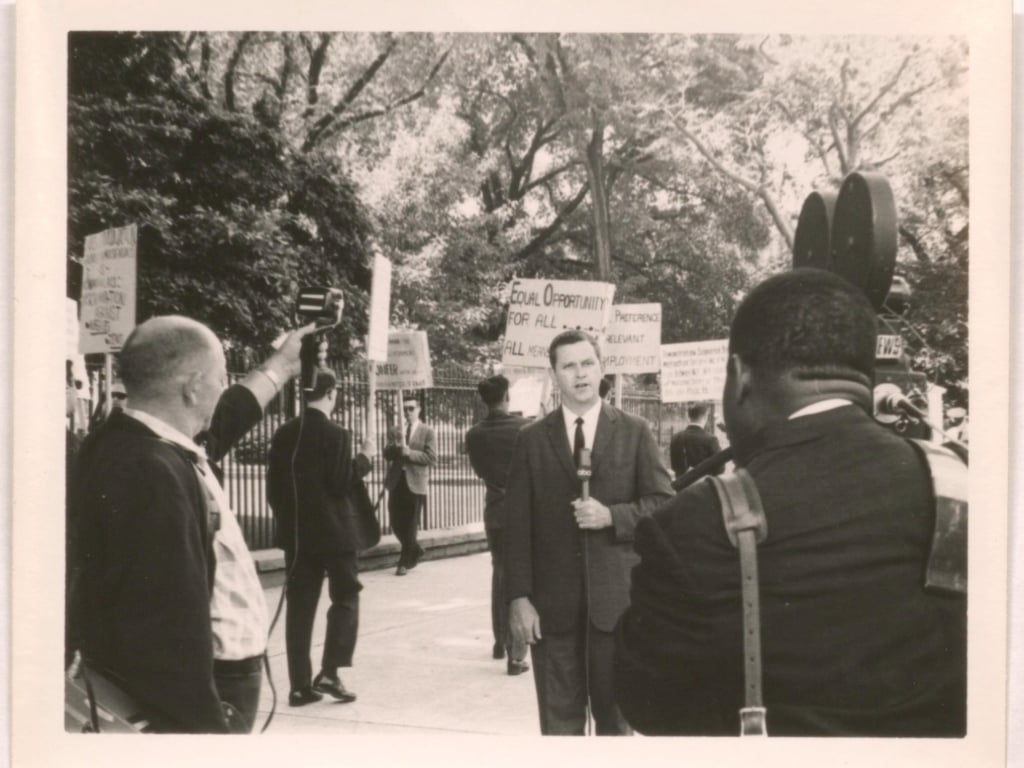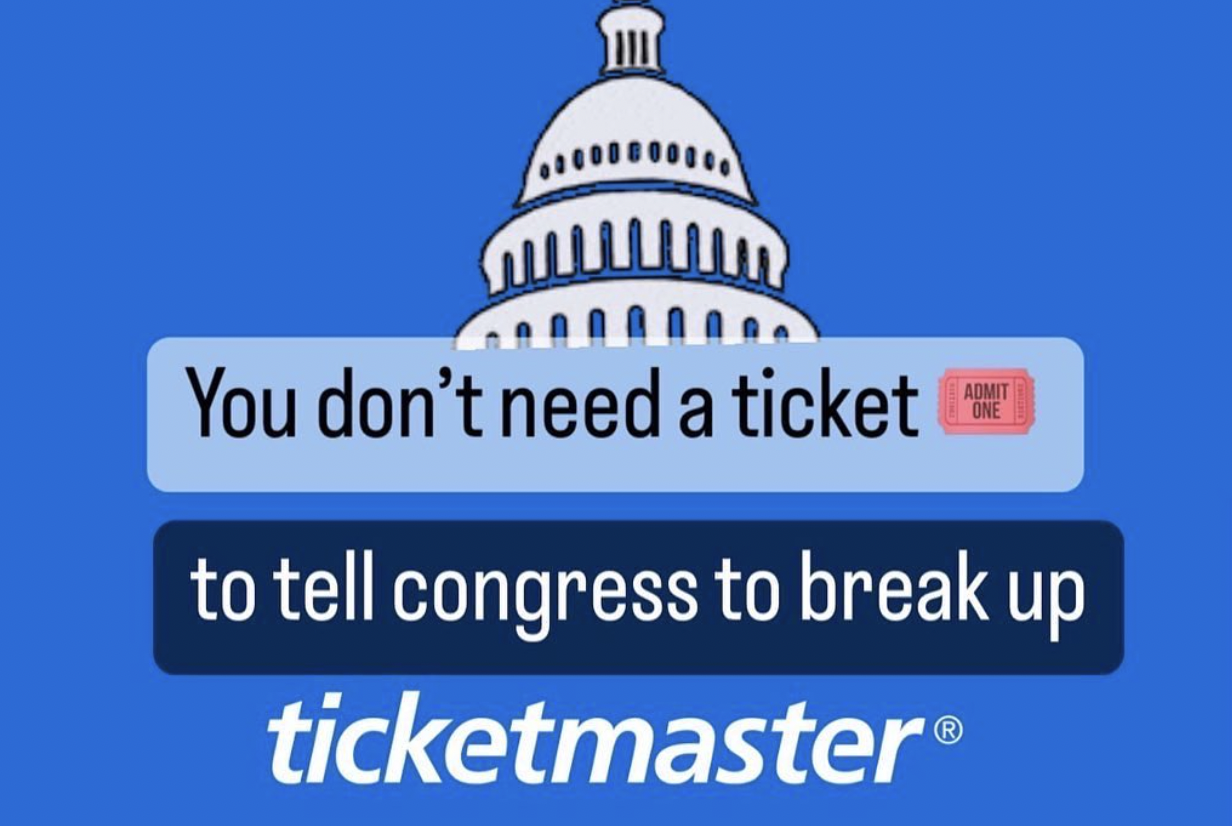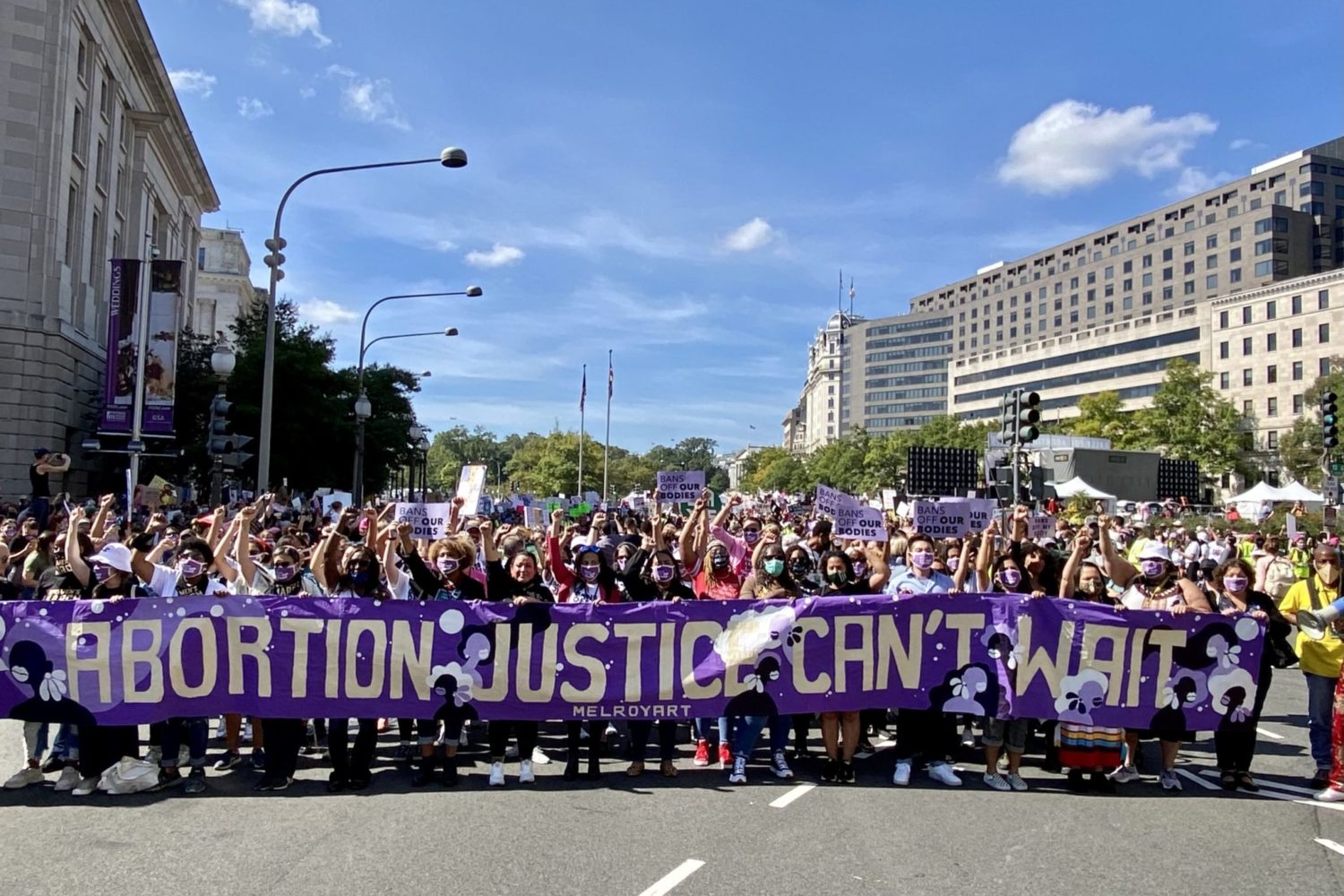Last night, when I heard there would be a protest in DC of the killings of Alton Sterling and Philando Castile, I knew I had to go.
Their deaths had been weighing on me. I was restless and physically ill, just thinking about it. In fact, I can still see those lifeless, blood-drenched bodies every time I close my eyes.
My mind was made up. I was going to that protest, but because I’m a journalist, I wanted to cover it.
I had originally offered to cover the protest as a news story. Instead of reporting my observations, I was asked a question that changed my focus: “How have these shootings affected you?” I was asked. “How do you feel?”
How do I feel? The protest was set to begin at 8 pm. I was asked this question at 5. My mind reeled for the next three hours because I wasn’t sure how to put it into words. How do I paint the picture and make it clear? I didn’t have the words. Actually, I had some words—no, I had many words, but isn’t this where respectability politics come in? Isn’t this the time to be polite, as to not offend those who don’t look like me? I felt slightly panicked because I didn’t know what to say.
“How do you feel?”
I feel terrified and slightly hopeless. Let’s be honest, black people have been conditioned to believe that if you act and speak a certain way, you’ll get respect, especially from authority figures. Yet, here we are, in 2016 and I am more petrified of the police than anyone else.
Let me say this: I know that there are good police officers. They exist. I mean, think about the officers in Dallas. Who’s to say they were bad cops? I am livid with how many black lives have been taken at the hands of our police, but I’m lucky enough to not only know but be related to an amazing officer right here in Maryland. I have a handful—and I have small hands—of police officers that I would trust with my life. Many others, though, could drive anyone to a dark place.
“How do you feel?”
I feel empathetic. Regardless of any inner issues that black people may have about themselves, we can all relate to what’s happening. Alton Sterling and Philando Castile could have been our fathers, brothers, sons, cousins, or significant others. I see them, and they are real to me. For some reason, our law enforcement didn’t see them.
The protest itself was beautiful. It was a sea of all types of people, and everyone was peaceful. Everyone had the same goal: The Police Have Got to Stop Senselessly Killing Black People.
“How do you feel?”
I feel confused and angry. Why don’t they see me? Why can’t they see that I and those who look like me are human? What more can we do? We’re begging and pleading to be seen as real live people, and yet, we’re treated as animals—criminals—less than. We ask why we’re being pulled over, and they kill or beat us. Ask Sandra Bland. We follow orders and don’t resist, and they kill or beat us. Ask Philando Castile.
In the back of my mind, I’ve accepted that children may be in my future. But, why would I birth a beautiful black baby? Why would I be okay with birthing a moving target? What happens if I have sons? What do I say to them? “Most police officers are afraid of you because you’re black and their preconceived notions could cost you your life”—what an awkward and painful conversation.
How are black parents having that conversation now? How do I prepare my baby brother, younger cousins, nieces, and family friends? What do I say?
“How do you feel?”
I feel all of these emotions, plus sadness and shock, all at once. I haven’t had a chance to decompress from all of the other murders, and I don’t know when this will stop hurting. No, I know—it will never stop hurting. My notepad is drenched and I’m not sure how to make the tears stop. I’ve been nauseous, restless, and headache prone for the past two days. I’m physically and mentally unstable. What do we do?
I don’t have any answers, and that has left me feeling desperate.
Black people, our lives have always mattered and will always matter. The time is now to do something, but what? This isn’t anti-police rhetoric. We just want to be seen as human, and I don’t feel as if we’re asking for too much.
Ayanna Alexander is studying journalism at Howard University.

